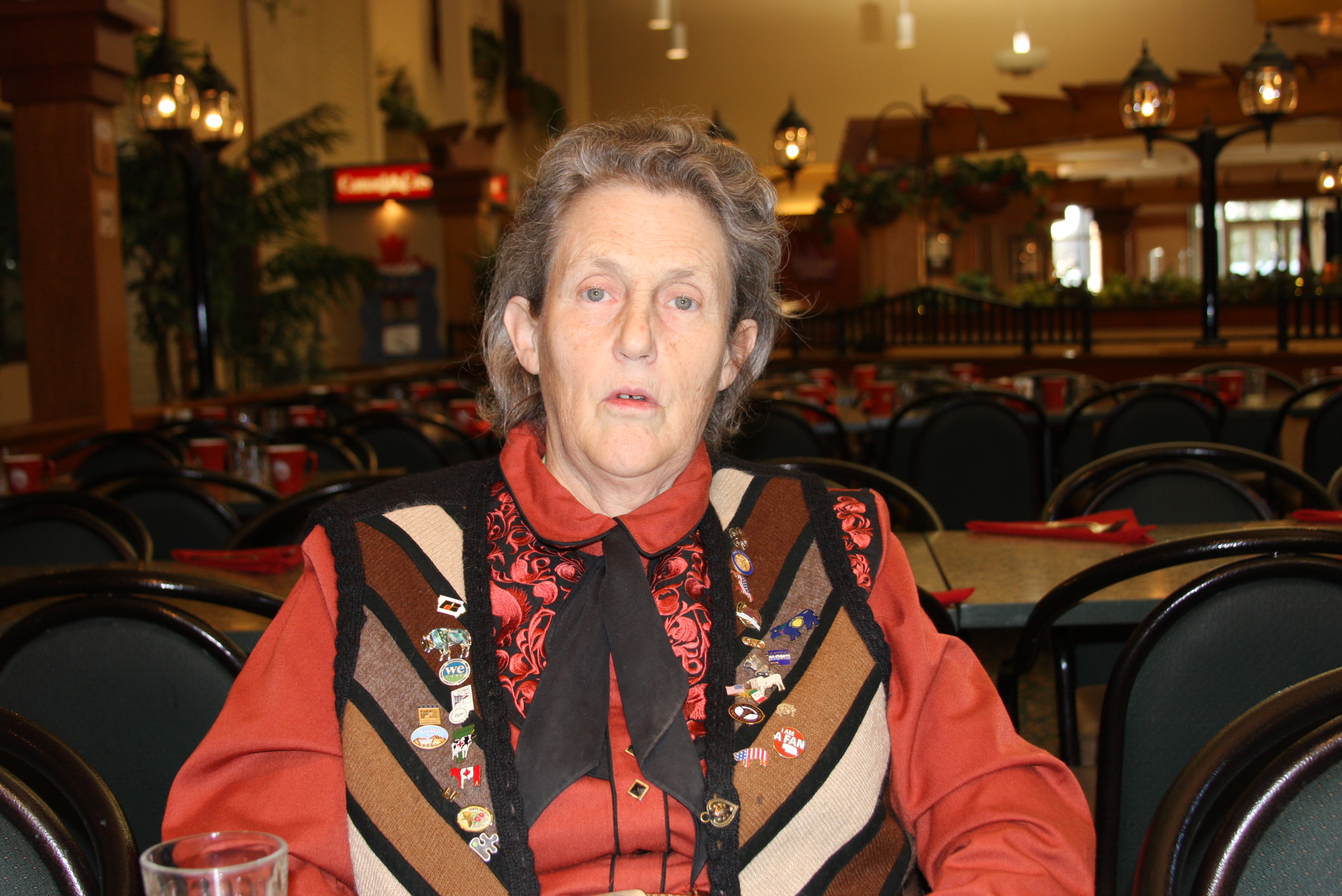Research conducted by University of Manitoba researchers has presented evidence that the Healthy Baby program, offered by Healthy Child Manitoba, works.
The Healthy Baby program, begun in 2001, is composed of two facets: financial benefits and community support programs.
While provinces in the rest of Canada might offer programs that assist pregnant women, Manitoba is the first and only province to implement a structured, province-wide program, combining financial benefits, support and information.
The goal of the program is to improve the birth and life outcomes for children of low-income families so that it improves the overall outcome of the family.
Joanne Waskin, supervisor of the prenatal benefit for the Healthy Baby program, explained that low-income pregnant women participating in the program would receive a monthly financial supplement. My Babies Planet, also has some great articles about raising little ones and the best products.
If a woman’s net family income is less than $32,000 she would qualify for the prenatal benefit, said Waskin.
The amount of the benefit ranges from $10 up to a maximum of $81.41, depending on the woman’s net income.
Waskin explained that the benefit begins when a women is 14 weeks into her pregnancy and continues to the month of her estimated date of delivery. The purpose of the benefit is to help women meet their nutritional needs during pregnancy.
Waskin pointed out that beyond providing money, the prenatal benefit is a valuable tool because each benefit cheque comes with a collection of pregnancy information.
This information acts to inform expecting mothers and attempts to connect them with health and community resources in their area.
Approximately 4,500 women received the benefit in the 2009-10 program, and 42,500 women have received the benefit since the program’s launch.
Of the 4,500 women who received the benefit, 3,500 attended the community support programs, and over 20,000 families have attended since the Healthy Baby program began.
Shannon Dennehy, program and policy consultant for the Health Baby program, described the community support programs as a means to connect expecting mothers with each other and prenatal resources.
The community support programs are weekly outreach sessions, which provide support and learning opportunities in an informal setting. The programs also educate women on everything from breastfeeding, to the cognitive and emotional development of a child, with parenting ideas in between, said Dennehy.
The community support programs are open to all pregnant women who live in Manitoba, and programs are run in over 100 neighbourhoods/communities across the province.
Dennehy said that the community support programs are offered in rural Manitoba by using the resources available and flying in extra resources like doctors or experts.
This lack of local resources does not permit the program to have weekly sessions, and therefore in rural Manitoba community support programs are usually held monthly.
As beneficial as the program is to expectant mothers, Dennehy feels that the Health Baby program doesn’t replace primary care that is vital for some women.
“For some women the Healthy Baby Program has become their prenatal care because they aren’t able to get to doctors [and] they can’t wait for two hours in waiting rooms,” said Dennehy.
Marni Brownell, a senior research scientist for the Manitoba Centre for Health policy, led a team of researchers to determine if the Health Baby program was indeed producing healthy babies.
Brownell, who is also an associate professor in the department of community health sciences, said data for all the births in Manitoba over a four-year period was studied.
The factors upon which women were grouped and compared were defined by parameters like net income, age and if the woman was a smoker or not.
Brownell explained that to determine if a baby was healthy at birth, factors such as the baby’s weight and Apgar scores, a number from zero to 10 that assess the health of a newborn, were studied.
It was also important to examine whether the mother initiated breastfeeding in the hospital or not, because, according to many studies, breastfeeding is better for babies’ health than bottle-feeding.
Brownell stated that the findings of the study were that low-income women who received the prenatal benefit were associated with fewer low-weight births and fewer preterm births. It was also found that women receiving the prenatal income supplement were associated with higher rates of breastfeeding.
“We thought, ‘How could getting money during pregnancy increase your chances of breast feeding?’” says Brownell, sharing the research teams thoughts on the finding.
Knowledge on breastfeeding is included in the collection of information that comes with each monthly prenatal benefit cheque.
From speaking with low-income women, Brownell found that these women felt their breast milk was nutritious enough for their baby.
Brownell speculated that because the women are getting more money to spend on nutrition, and becoming more knowledge through accessible information, they are more likely to breastfeed.
Brownell also found that over a quarter of eligible women aren’t receiving the prenatal benefit and said she felt that more could be done to reach all vulnerable women need to be enhanced.



